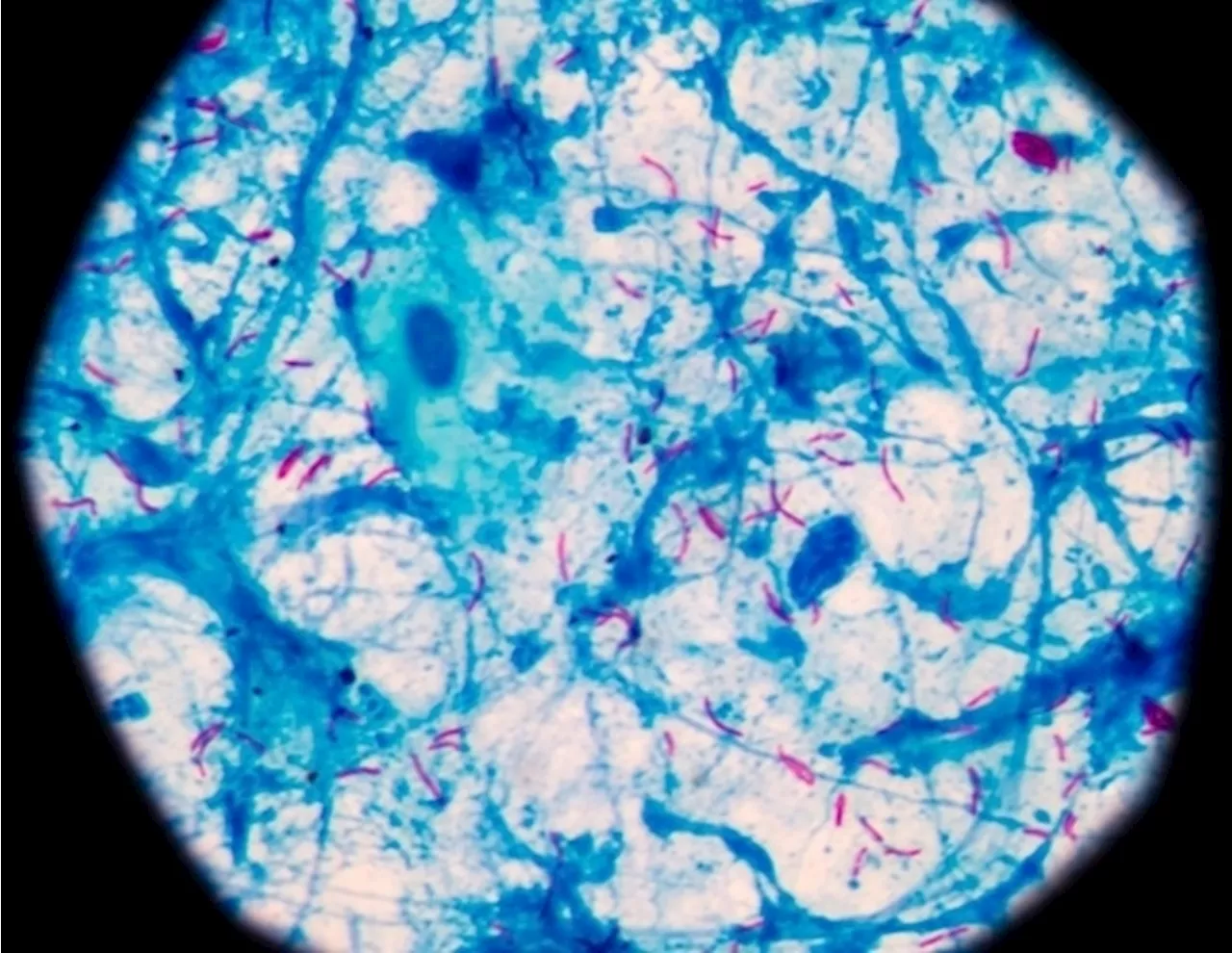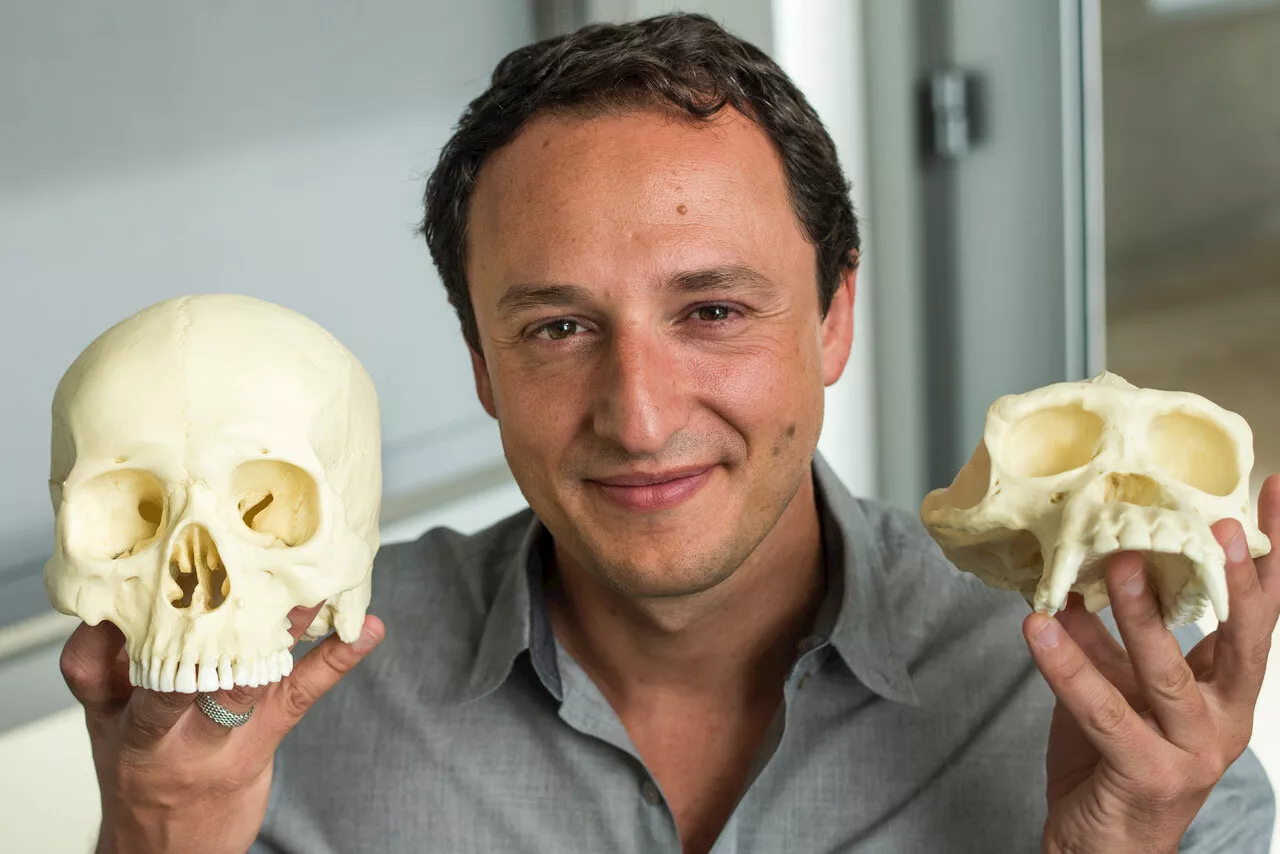Dr. Aaron Wright from Baylor University has been awarded a $5.6 million grant from the National Institutes of Health (NIH) to develop personalized treatments for gut microbiome diseases like IBS, Crohn's, and Ulcerative Colitis.
Baylor UniversityOct 9 2024 Baylor University researcher Aaron Wright, Ph.D., has earned a $5.6 million National Institutes of Health Director's Transformative Research Award for a project that he and collaborators hope could lead to personalized – and revolutionary – treatments for gut microbiome diseases like Irritable Bowel Syndrome , Crohn's, Ulcerative Colitis and more.
"The innovative research being done by Dr. Wright into the microbiome is garnering national recognition for Baylor University in an important and emerging area of medical sciences," said Lee Nordt, Ph.D., dean of the College of Arts & Sciences. "The specific application of this project to human health has the potential to serve individuals with a number of gut diseases, and we look forward to seeing the impact of that work.
"If you sampled random people from around the world, such as Japan, Norway or Kenya, you'd find different population components and distributions within their gut based primarily on diet," Wright said. "If you compare them all, you'd say, 'their guts are wildly different.' And while that's true, the argument I make is that they are all capable of nearly the same functional skills, or what we call metabolic activities.
Personalized treatments The answer to those questions, Wright and his collaborators hope, will enable the development of personalized treatments as an outcome of this project. Fecal microbiota transplantation has long been used in hospitals to treat individuals with infections, and that approach could be used to deposit needed bacteria tailored to the individual.
Microbiome NIH Fecal Microbiota Transplantation Personalized Medicine Gut Diseases
United Kingdom Latest News, United Kingdom Headlines
Similar News:You can also read news stories similar to this one that we have collected from other news sources.
 UC San Diego researcher receives $21 million grant to study sensory coordination in animalsFor all animals, sensory processing is a matter of survival. Sight, smell, touch, taste and hearing -; the coordination of these senses together helps them find food, return to shelter and escape danger.
UC San Diego researcher receives $21 million grant to study sensory coordination in animalsFor all animals, sensory processing is a matter of survival. Sight, smell, touch, taste and hearing -; the coordination of these senses together helps them find food, return to shelter and escape danger.
Read more »
 UMass Amherst researcher receives $2.2 million grant to study tuberculosis responseThe National Institutes of Health recently awarded $2.
UMass Amherst researcher receives $2.2 million grant to study tuberculosis responseThe National Institutes of Health recently awarded $2.
Read more »
 Rice and Baylor receive $2.8 million to suppress inflammation and lung damage in ARDS patientsRice University and Baylor College of Medicine have received $2.8 million in funding from the National Heart, Lung, and Blood Institute (NHLBI), a division of the National Institutes of Health (NIH), for research on reducing inflammation and lung damage in acute respiratory distress syndrome (ARDS) patients.
Rice and Baylor receive $2.8 million to suppress inflammation and lung damage in ARDS patientsRice University and Baylor College of Medicine have received $2.8 million in funding from the National Heart, Lung, and Blood Institute (NHLBI), a division of the National Institutes of Health (NIH), for research on reducing inflammation and lung damage in acute respiratory distress syndrome (ARDS) patients.
Read more »
 NFL warned as ‘first overall pick’ Shedeur Sanders leaves Baylor star gobsmacked with ‘unbelievable’ Hail M...Sheduer Sanders recently goes on The Outta Pocket podcast and discusses how his $5.1 million NIL Valuation can have pros and cons.
NFL warned as ‘first overall pick’ Shedeur Sanders leaves Baylor star gobsmacked with ‘unbelievable’ Hail M...Sheduer Sanders recently goes on The Outta Pocket podcast and discusses how his $5.1 million NIL Valuation can have pros and cons.
Read more »
 Neanderthoids and space brains: Stem cell researcher pushes the boundaries of neuroscienceA leading stem cell researcher is using innovative techniques to grow miniature 'brains' in lab settings, pushing the boundaries of neuroscience by exploring human brain development, extinct hominids, and the potential for extraterrestrial intelligence.
Neanderthoids and space brains: Stem cell researcher pushes the boundaries of neuroscienceA leading stem cell researcher is using innovative techniques to grow miniature 'brains' in lab settings, pushing the boundaries of neuroscience by exploring human brain development, extinct hominids, and the potential for extraterrestrial intelligence.
Read more »
 Researcher Claims China's Oil Product Demand Peaked in 2023China's oil product demand has reached its peak and is expected to decline significantly in the coming years due to the shift towards electric vehicles and LNG-fueled trucks.
Researcher Claims China's Oil Product Demand Peaked in 2023China's oil product demand has reached its peak and is expected to decline significantly in the coming years due to the shift towards electric vehicles and LNG-fueled trucks.
Read more »
